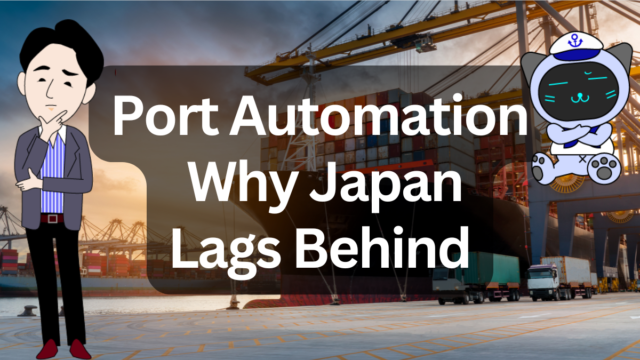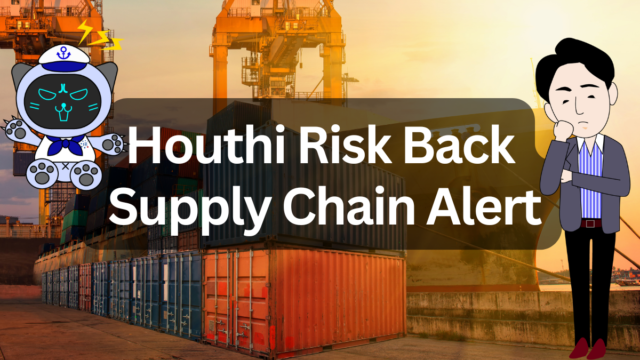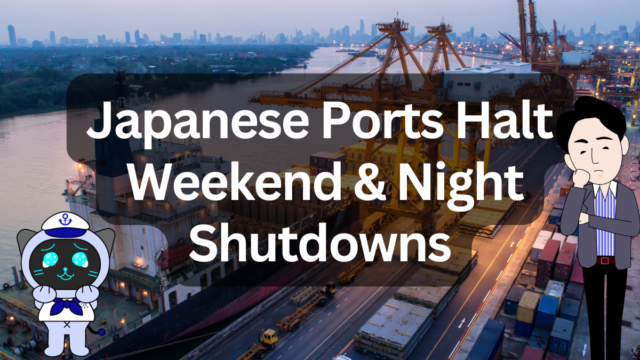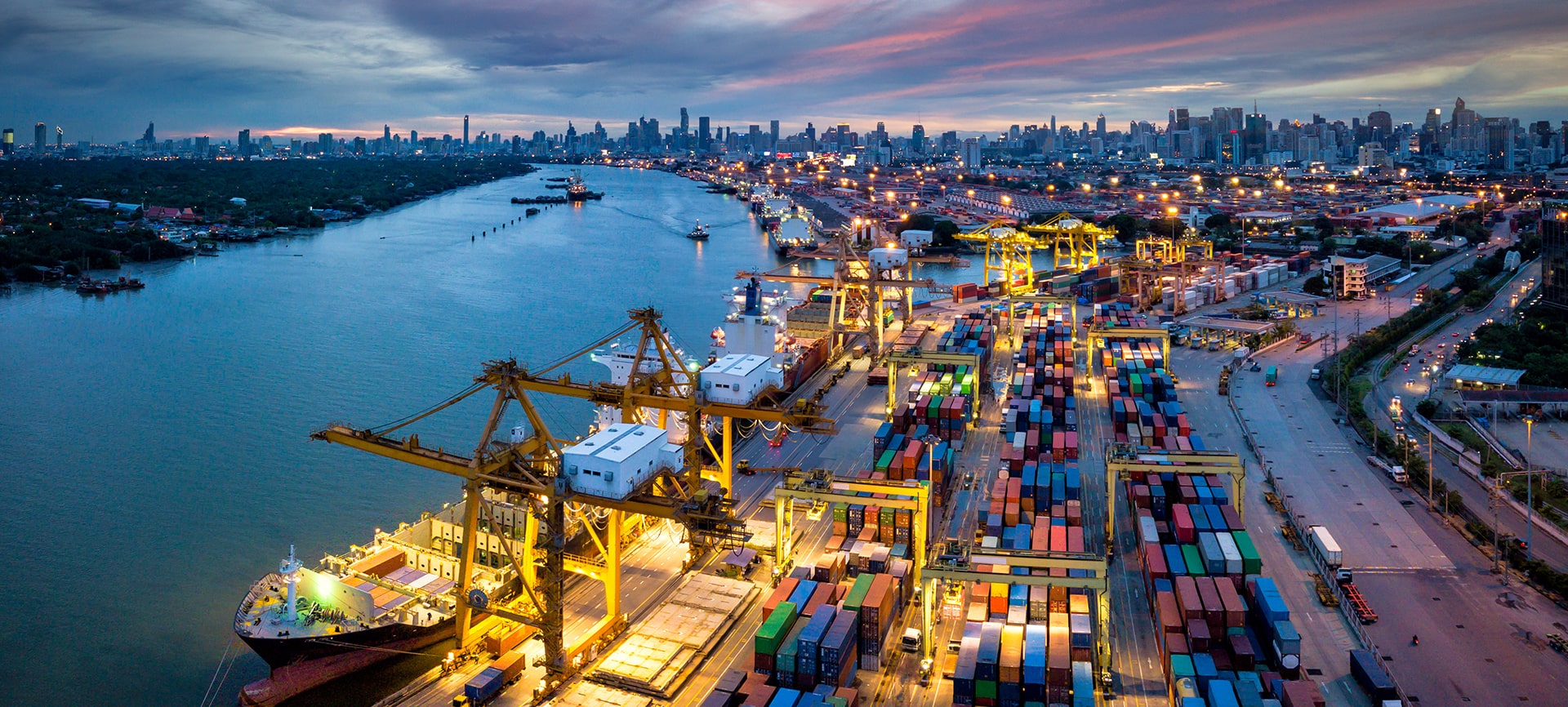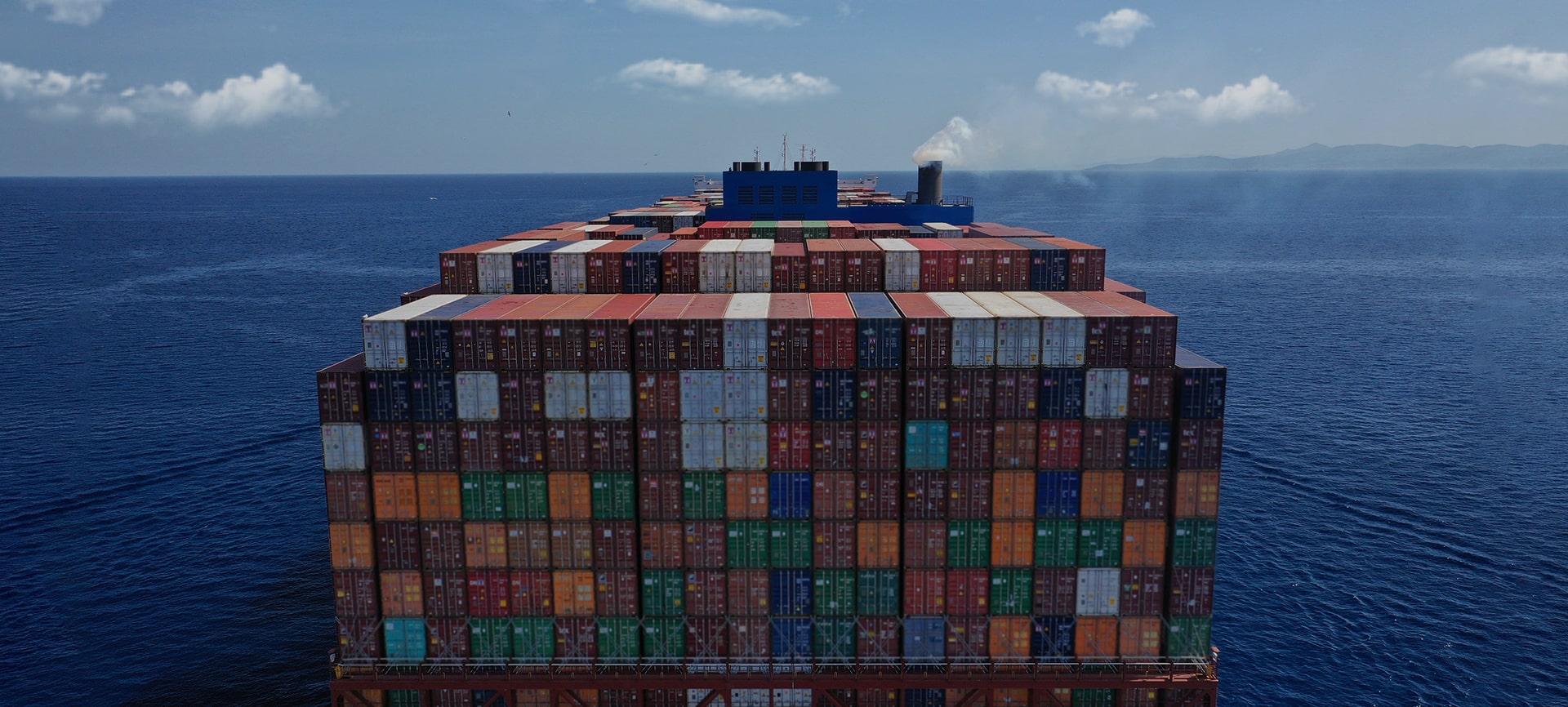Posted on: August 18, 2025 / Last updated: August 18, 2025
Gemini Strategy: Stable Logistics through Terminal Investment
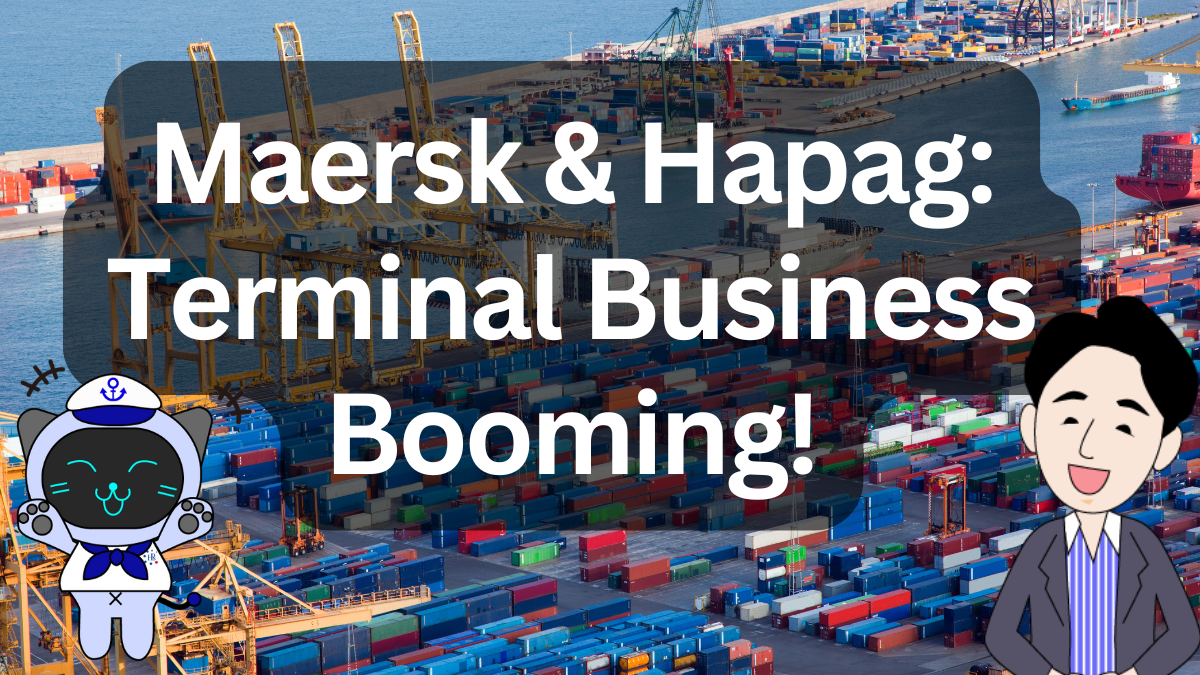
Gemini Cooperation is a new shipping alliance launched in February 2025.
Led by industry giants Maersk and Hapag-Lloyd, this alliance introduces a new business model that breaks away from traditional alliance frameworks.
CONTENTS
How it differs from traditional alliances
Unlike past alliances like Ocean Alliance or THE Alliance, which shared vessel space among multiple carriers, Gemini is a two-company collaboration focusing on higher efficiency and service integration.
A hub-and-spoke strategy at its core
The key feature of Gemini is its hub-and-spoke strategy, where large vessels are concentrated in self-operated hub terminals, and feeder ships connect to regional ports.
This setup avoids port congestion and improves schedule reliability.
Example: Maersk operates in Antwerp, while Hapag-Lloyd has terminals in Hamburg and Rotterdam, enabling them to fully control terminal operations and cargo handling.
Synergy with terminal profits
Gemini also aims to maximize revenue from terminal operations.
Handling containers at their own terminals means no external port fees, allowing profits to circulate within the group.
Other carriers are following suit
Major players like CMA CGM, COSCO, and MSC are also strengthening their terminal operations.
In particular, MSC has accelerated investments across major ports in Europe, Africa, and Asia since 2024, aiming to expand its network across the full logistics chain.
Looking ahead: Controlling ports is key
In modern shipping, owning vessels alone is no longer enough. Control over ports now plays a vital role in dominating logistics.
Gemini’s integrated approach to transportation, terminal handling, and scheduling offers strong reliability to shippers.
Conclusion: From shipping to integrated services
The Gemini model is set to lead the next era of global logistics.
By integrating port infrastructure with fleet operations, shipping lines can build more reliable and efficient networks.


